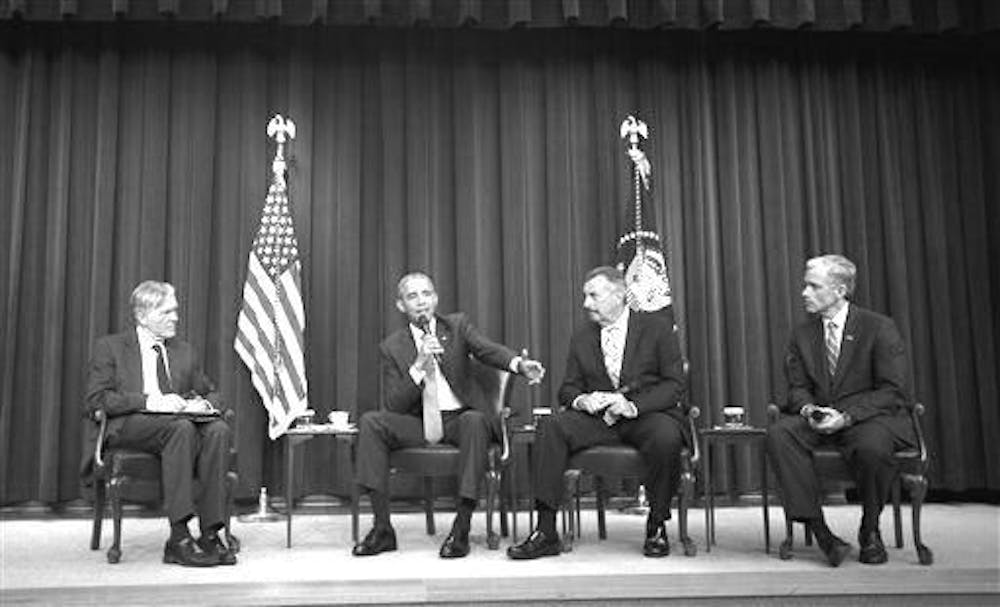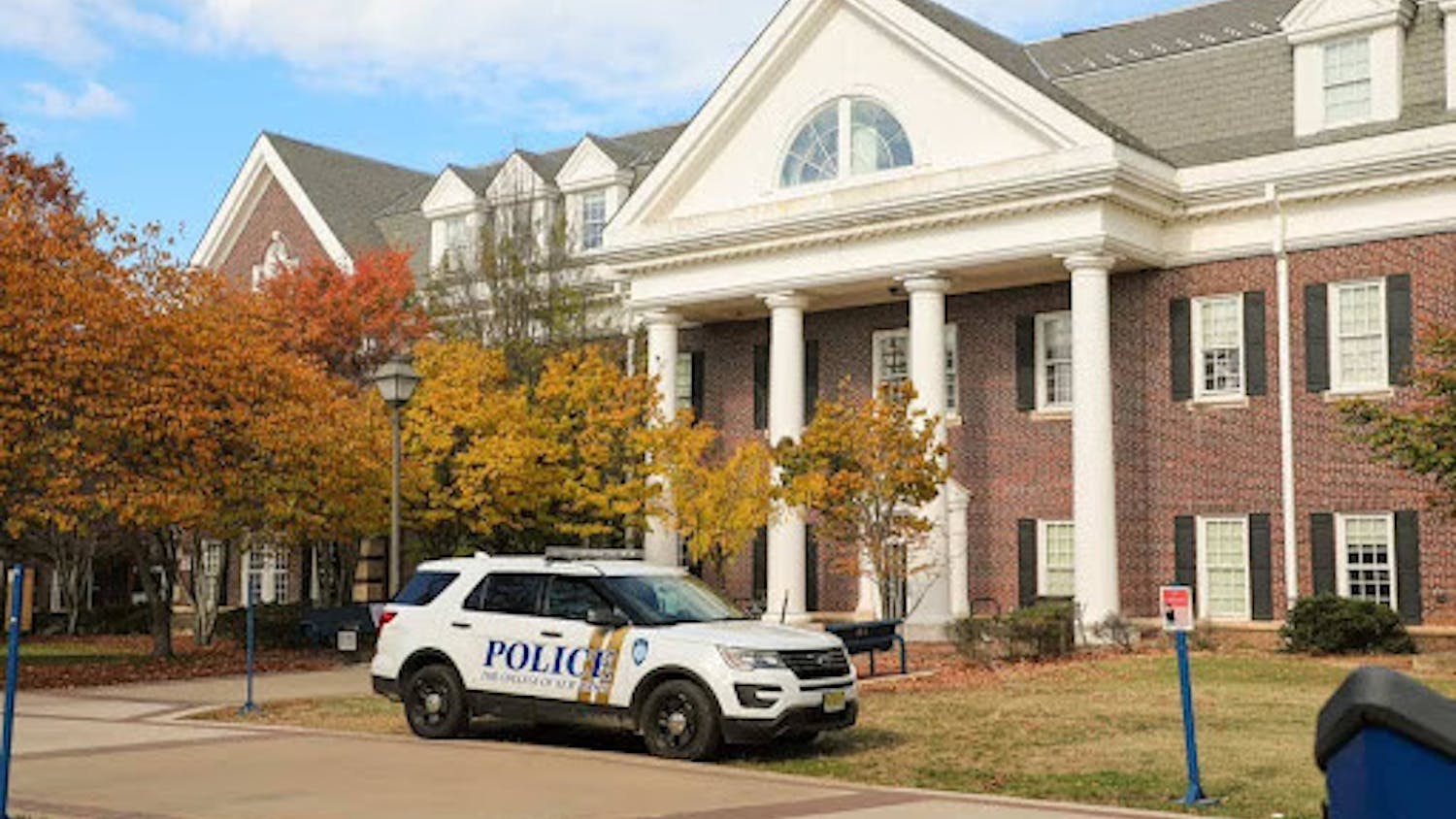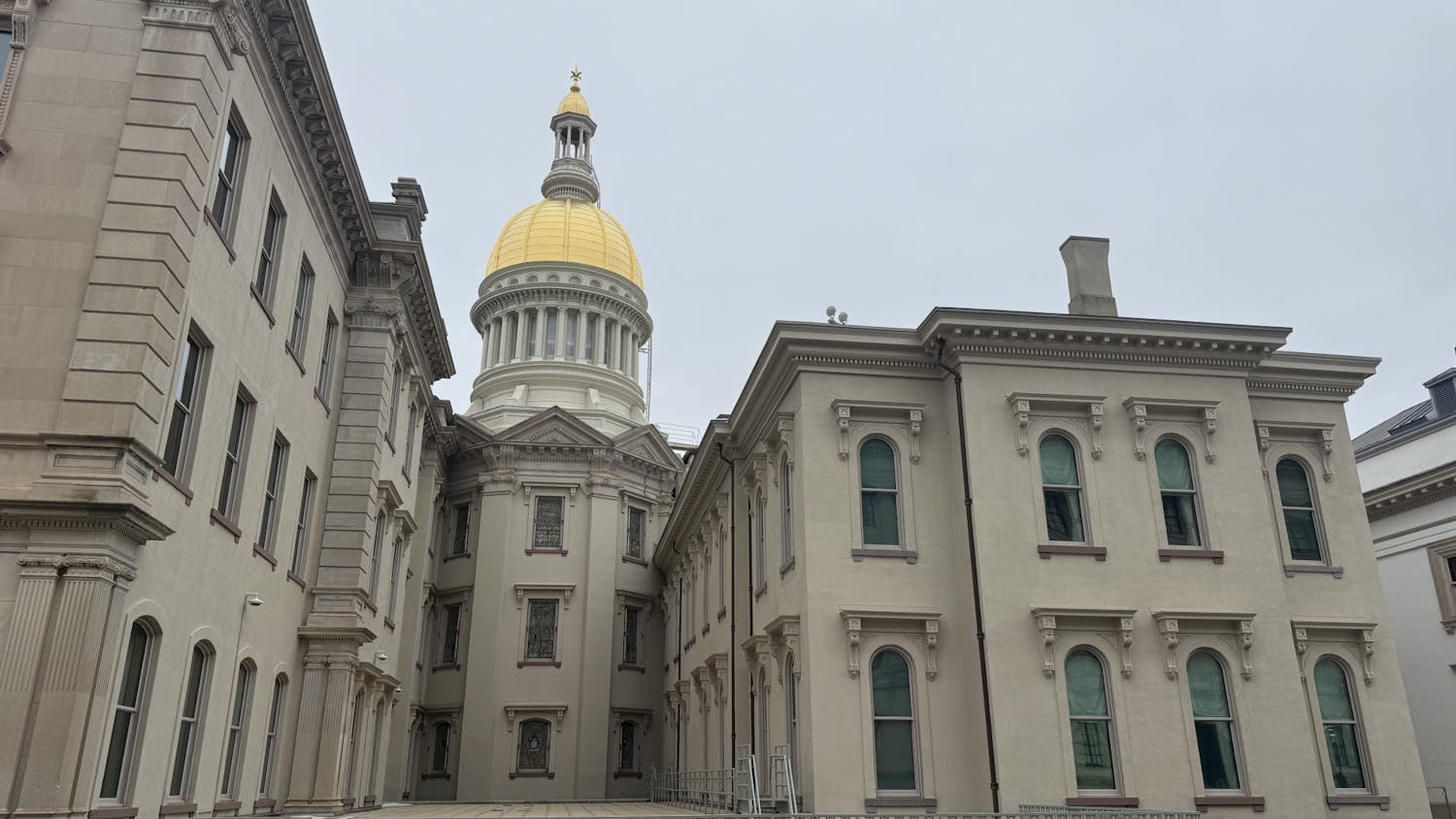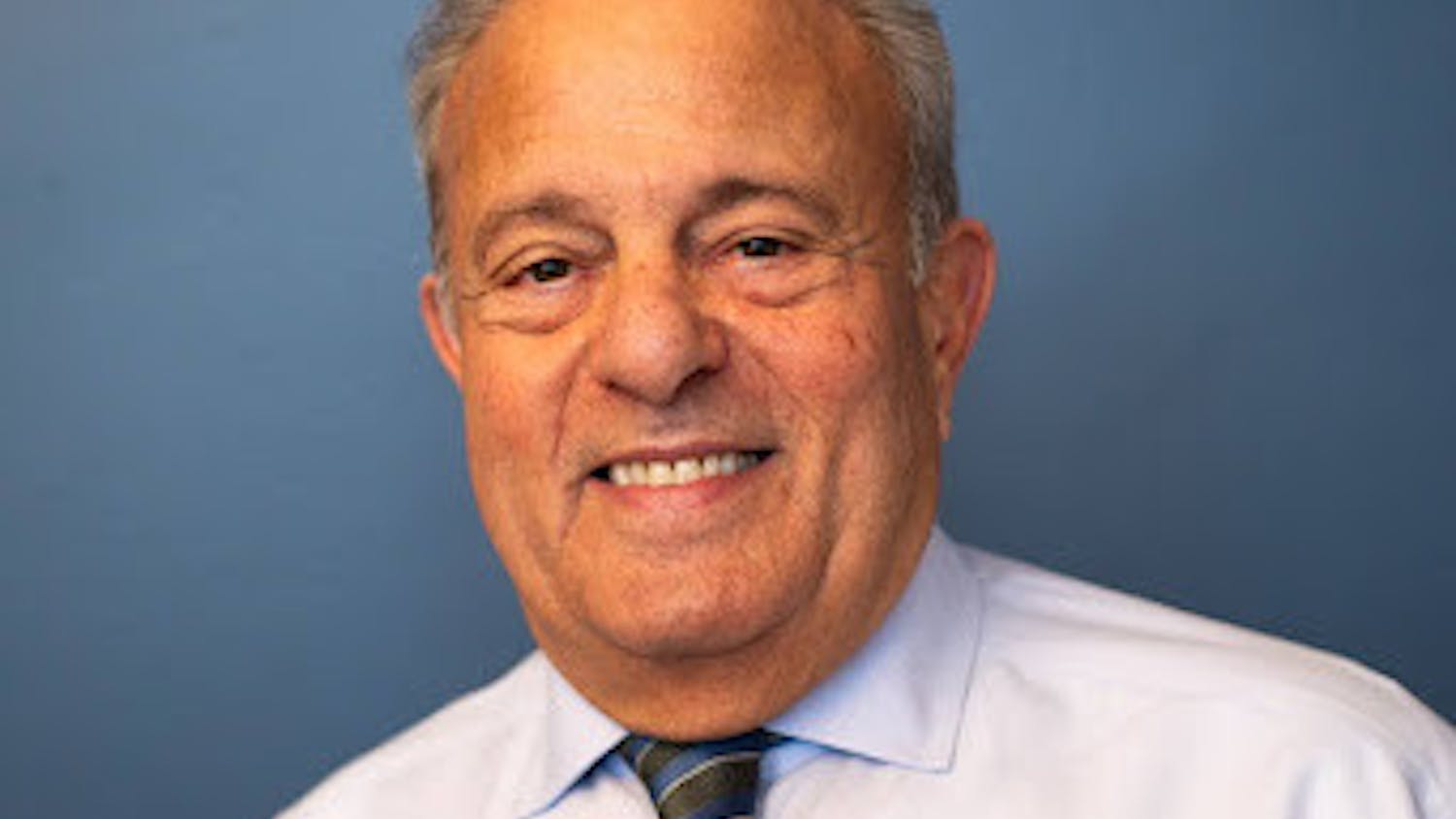By Gabrielle Beacken
Nation & World Editor
Prominent police chiefs, prosecutors and sheriffs part of the group Law Enforcement Leaders to Reduce Crime and Incarceration, met with President Obama in Washington, D.C., on Thursday, Oct. 22, to discuss criminal justice reform. The talks specifically regarded mass incarceration of non-violent offenders and the racial undertones that lie within the criminal justice system, reported the New York Times.
William J. Bratton of New York, Charlie Beck of Los Angeles and Garry F. McCarthy of Chicago are all police chiefs part of the group addressing criminal justice reform. Cyrus R. Vance, Jr., a prominent Manhattan district attorney and whose father was former secretary of state under former President Jimmy Carter, is also involved in the group.
Agreeing that legislation reducing minimum sentencing is a beneficial endeavor, Republicans and Democrats have formed a strong bipartisanship on the issue.
A developing bipartisanship consensus in Washington has led to the Senate Judiciary Committee on Thursday, Oct. 22, to a 15-5 vote, sending a full Senate legislation that would “reduce mandatory minimum sentences for nonviolent crimes, institute a new system for determining which offenders would be eligible for early release, and create programs to better prepare them to return to their communities,” the New York Times reported.
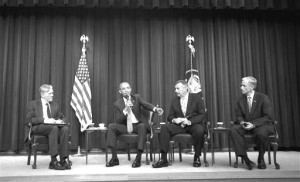
Democrats and Republicans argue that several mandatory sentencing laws were approved when crime rates were higher than today in the 1970s and 1990s.
According to Bratton, New York is “well ahead of the curve in understanding that you can’t arrest your way out of the problem,” the New York Times reported. Law Enforcement Leaders to Reduce Crime and Incarceration debate that if criminals addicted to drugs or alcohol or have mental health issues receive steady and reliable health treatment, public safety will enhance because the criminal’s rehabilitation into society will be smoother and improved.
In his remaining time in office, criminal justice reform and the racial elements involved have become important topics for Obama. In his first years as president, Obama kept racially charged issues involving drug and crimes at an arms length, according to the New York Times. However, now in his last year in office, Obama is more willing to speak on the subject without domestic politics in mind. During a panel discussion on Thursday, Oct. 22, Obama defended the Black Lives Matter movement.
“I think the reason the organizers used the phrase ‘black lives matter’ was not because they were suggesting that nobody else’s lives matter,” Obama said, according to the New York Times. “Rather, what they were suggesting was that there is a specific problem that is happening in the African-American community that is not happening in other communities. And that is a legitimate issue that we’ve got to address.”
Obama said that in order for this change to occur and be sustained, essential national police and crime data must back up the reforms.
An objective of criminal justice reform, according to the Law Enforcement Leaders to Reduce Crime and Incarceration, is to offer judges more freedom in punishment by abandoning mandatory minimum sentencing.
“We are in the middle of a sea change focusing on who is in our prisons, why are they in there, and who is making the decisions,”said Vance, according to the New York Times. “At the end of the day, this is just common sense. This is nothing radical.”


